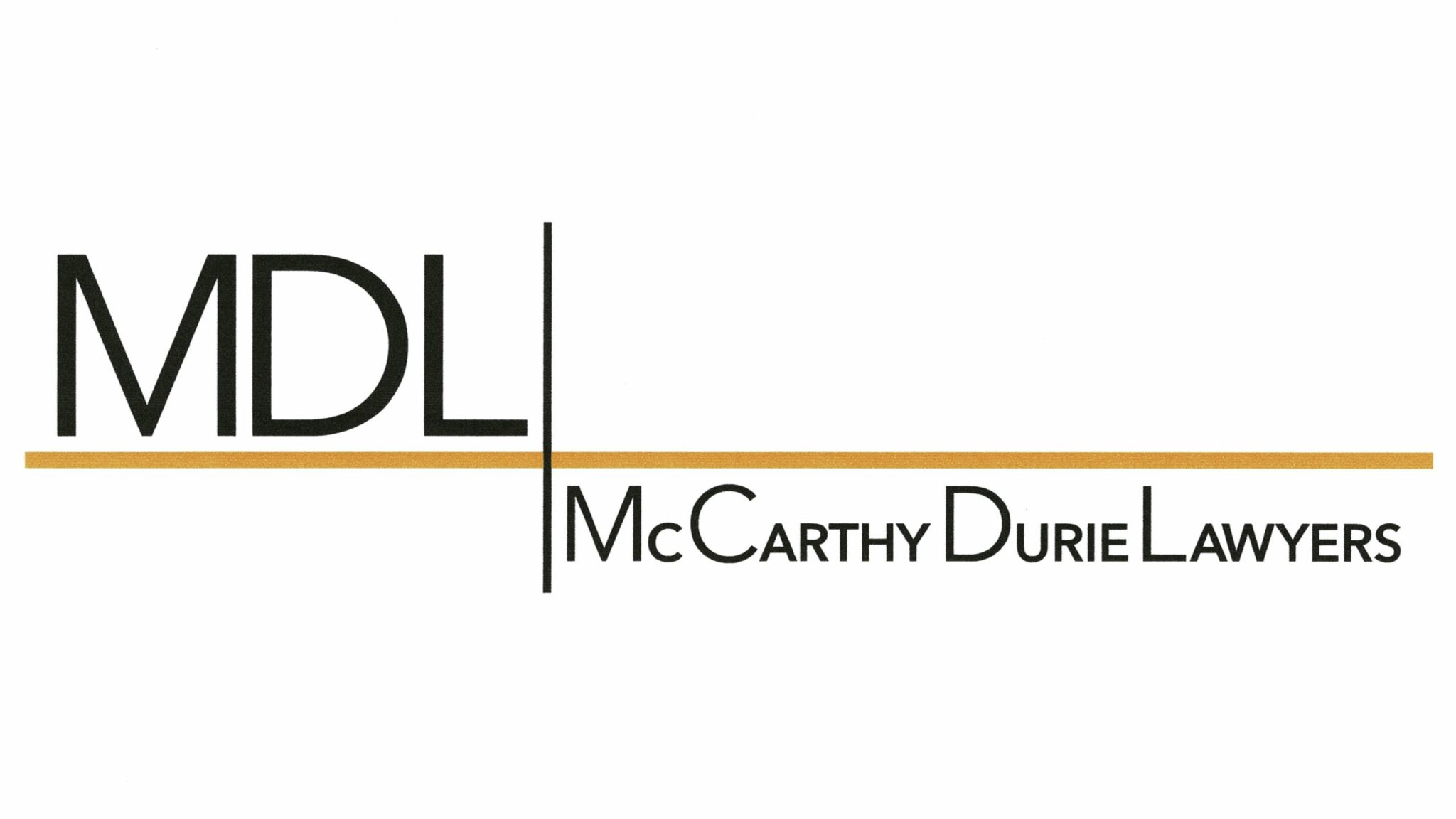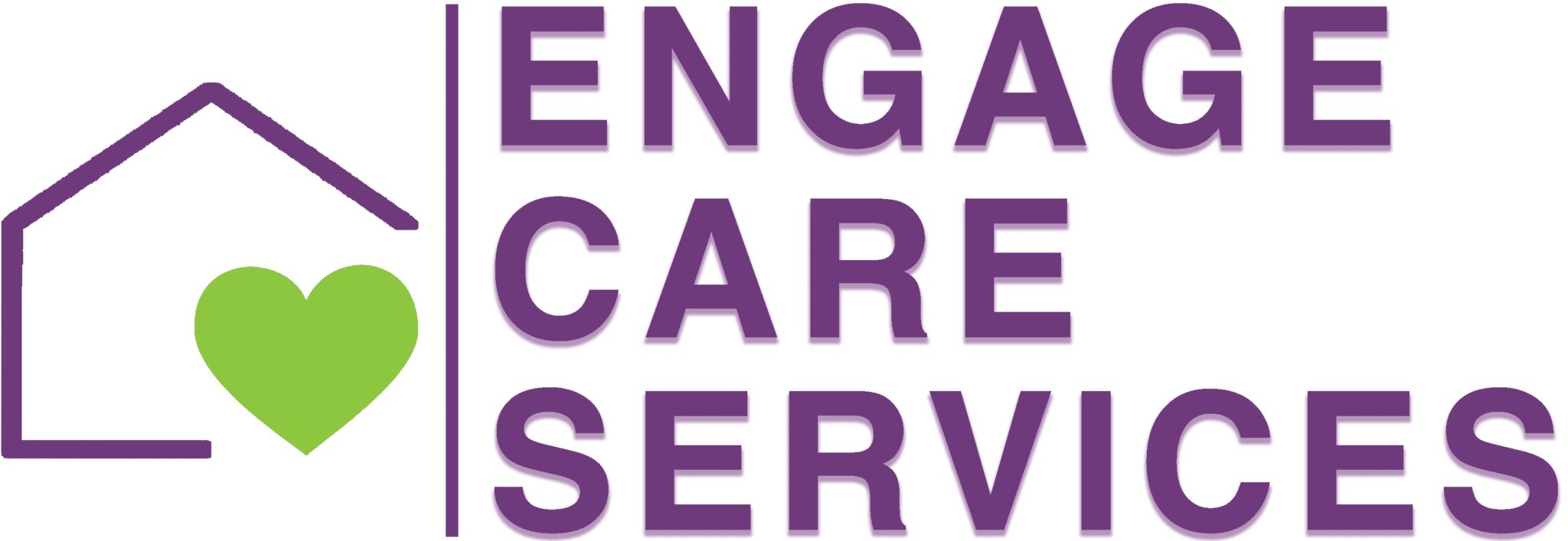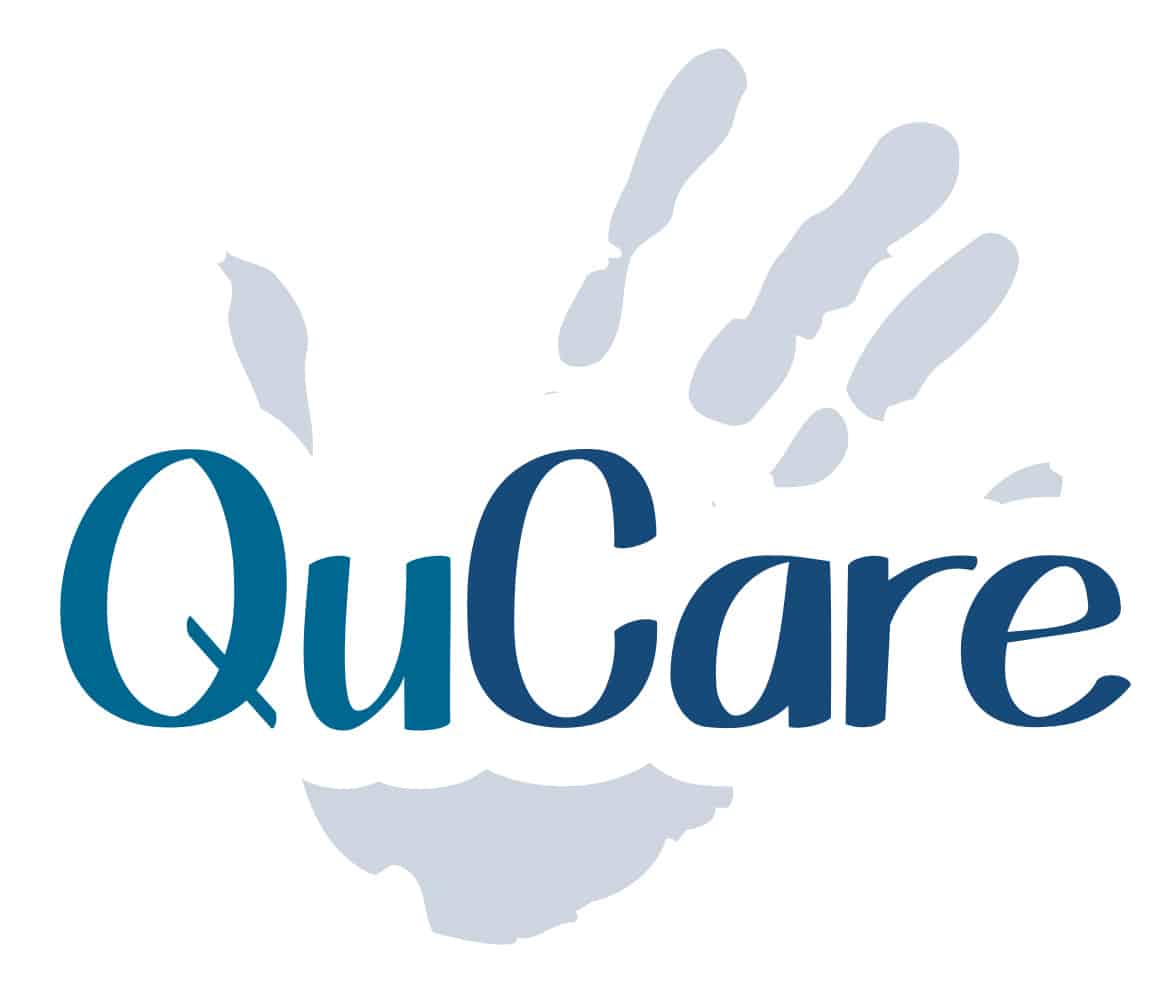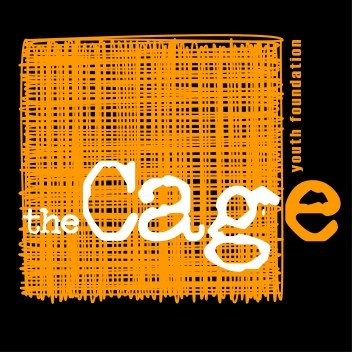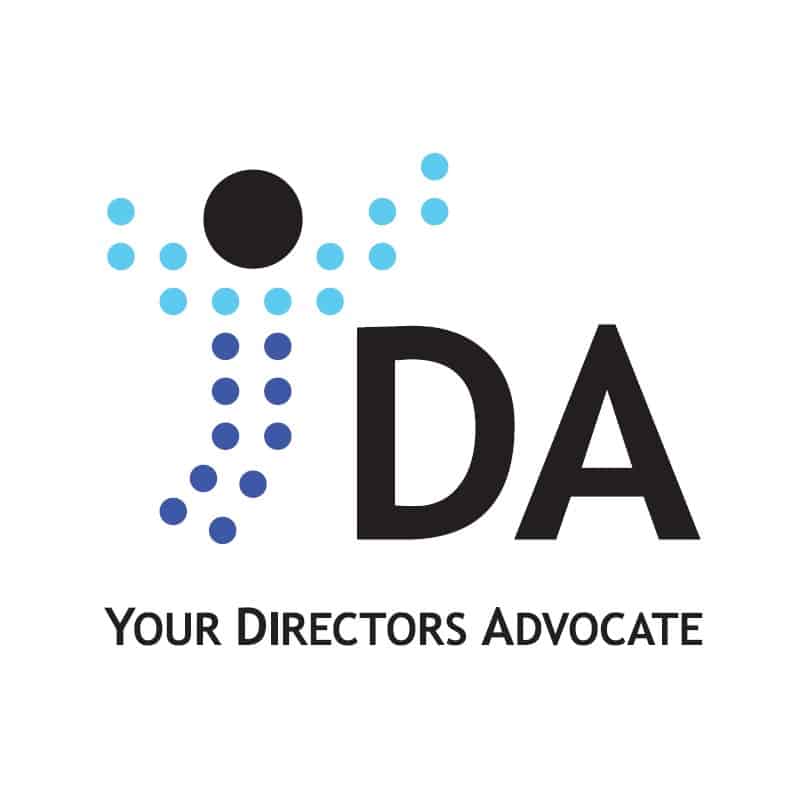It’s not only large faceless corporations that experience theft and fraud – every business can. Whether it’s tools, or stock, money or time – we’re all susceptible. In fact possibly small business is more vulnerable because there are usually no checks and protective systems in place and one person is often doing many of the duties. Prevention doesn’t have to be complicated or expensive or time consuming – it just requires some thought and pro-active attention to your business.
1. Have clear policy so that staff know that there will be no tolerance by the business of theft or fraud. Be transparent that you have checks in place – so staff know things are being closely monitored. Lead by example and be honest in your dealings. If you steal, then how can you expect your staff to not follow your lead?
2. Rotate staff and their duties. Ensure your staff take regular annual leave. One client of mine, a camera retailer, discovered a dramatic improvement in their profit during the one month a suspect employee was on annual leave.
3. Have appropriate segregation of duties, ie purchase versus payments. When one person does it all, that’s when opportunities arise for dishonest staff to act. This can be difficult for small businesses where there is only one or two staff so you need to be careful in other ways.
4. Have a reconciliation process, cash register dockets etc. Ensure when you deal in cash (eg retail) that the banking reconciles to the till dockets or taking sheets.
5. Have suitable authorisation procedures ie cheques, purchases etc.
6. Computer Systems should be used by authorised personnel only with access controlled with methods such as pass-wording access. Does your system have “warning bells” such as credit limits being reached?
7. Assets, inventory and stock are tracked and regular stock-takes occur.
8. Conduct a random audit – even if informal. Watch bank movement. Trust your instinct or have an independent review by someone external and experienced, such as your Accountant.
9. Have suitable reporting. Watch debtor and credit listings and other reports, such as Profit & Loss, Balance Sheet etc. Review regularly and frequently.
10. Ensure your books are up to date; if they aren’t current how can you possibly find anomalies?
11. Be proactive – personally look at your books and bank statements. Trust your instincts (they are probably right) and ask questions. Don’t allow your bookkeeper or staff member to make you feel guilty for asking questions. Any qualified, professional and honest bookkeeper or employee will encourage and support owner review.
12. If you seem to never have any cash, but the business appears to be doing very well – INVESTIGATE. It may be an error in the record keeping or an indicator that all is not well. Some ideas are to :
- liaise with your suppliers personally to check all is ok à account up to date?
- look for large, or numerous sale credits in your books
- look for large, or numerous purchase credits in your books
- look for supplier names or employees you don’t recognise.
Some examples of fraud I have personally experienced include:
- The Bookkeeper sent letter to suppliers providing new bank details – her’s! She raised lots of large sales credits so when payments went to her bank account – the company debtors listing wasn’t large. AMOUNT STOLEN – UNKNOWN
- Bookkeeper paid fake invoices to fake suppliers – except bank details were her own and that of her husband. AMOUNT STOLEN $400,000 PLUS.
- Bookkeeper made payments for real suppliers but instead of paying to them – the funds went to her bank account and she kept the statements and letters of demand and late notices hidden. AMOUNT STOLEN – $100,000.
Would you spend 3 hours a month to earn sales of $400,000? Why wouldn’t you invest this time to avoid possibly substantial amounts being stolen! These are extremes which the diligent business owner will avoid with a little common sense and keeping in the know. Remember that the majority of bookkeepers and staff are basically very honest, however we should be prepared for the occasional “bad apple”.
| Donna Stone is the founder of the multi award winning Stone Consulting and an experienced Business Coach with 30 years’ experience helping businesses succeed. She is a three times published author, speaker and advocate of business in the Redlands. Learn more at www.donna-stone.com.au.
© Donna Stone, 2015 |

|

